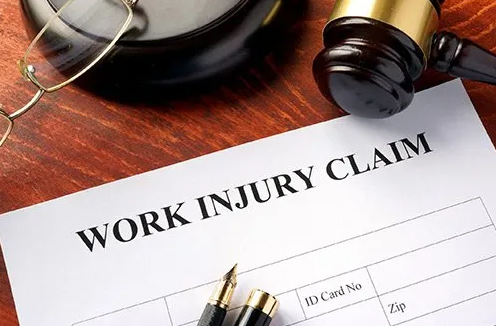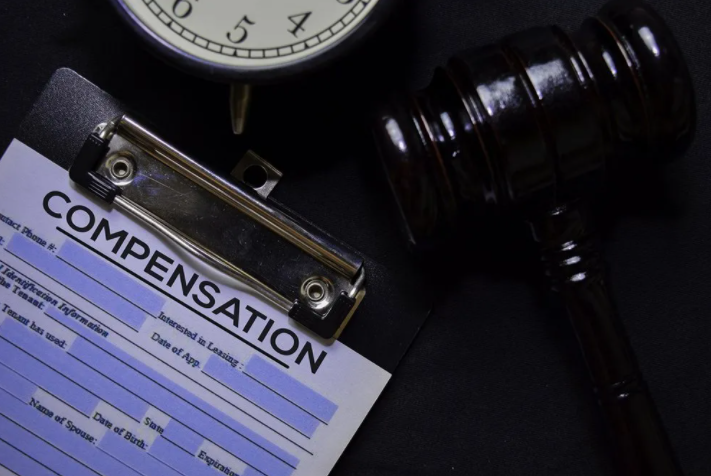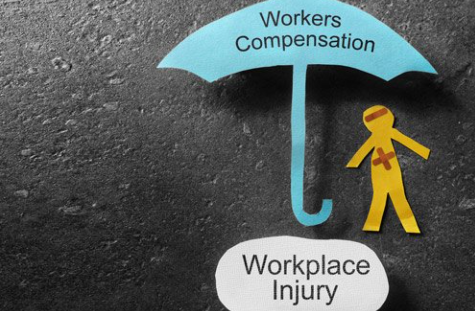Over 30 Years Representing Injured Workers
Blog Layout
4 REASONS YOUR WORKERS' COMPENSATION CLAIM MAY BE DENIED OR REDUCED
Admin • August 4, 2019

Most employers are responsible for providing workers' compensation, which pays medical bills and some lost wages if you are injured while at work. However, there are many reasons the insurance carrier may try to deny or reduce your settlement. If you want to better protect yourself, check out these four top reasons your claim may be denied or reduced.
1. You Waited too Long to Report the Injury
If you have been injured at work, report it as soon as possible. The exact rules vary from state to state, but in California, you want to report the injury to your employer in writing within 30 days. If you want, you can bypass your employer and just file the workers' compensation claim within the 30 days, but it is always polite to let your employer know too - even if only verbally.
Your claim may also be denied if you waited too long to report the injury to a doctor. If you suddenly submit a claim from an injury 20 days ago, but you haven't even seen your doctor yet, you probably aren't going to be taken too seriously. Go to your doctor immediately after the accident but keep in mind, the insurance carrier may want you to see one of their doctors too.
2. You Have a Related Pre-Existing Condition
Pre-existing medical conditions are always a complication, especially if the condition is related to the injury. For example, if you have a sore back, but you broke your leg at work, your pre-existing condition probably has nothing to do with it and won't affect the settlement. However, if your work caused your back pain to worsen, you may get a reduced settlement.
This is usually the case for any type of pre-existing condition, even those associated with past workers' compensation claims. If you have a pre-existing condition, and the courts prove the work wasn't what worsened it, you may not get a settlement at all.
3. Your Report Doesn't Match Your Medical Records
An accident can be scary, and you may not remember the event perfectly well, but it's important to determine what happened and continue to tell everyone the same story. Don't report that you think you slipped on water and then tell your doctor you think you tripped over your shoelace just because you don't fully know why you fell.
Even slight differences in stories can be used to undermine you and reduce or deny your settlement altogether. Similarly, it's never a good idea to lie or exaggerate to ensure your claim isn't denied. This may actually get your claim denied if your story doesn't match the medical records, injuries, etc.
4. You Were Alone at the Time of the Accident
Ideally, you want witnesses who can support your story. If you were alone at the time of the accident, there's a greater chance of your claim getting denied, especially if there is little proof of injury or accident on your person or in your medical records.
If you were alone at the time of the accident, go to your employer immediately and report it. This will go a long way in proving you didn't suddenly decide to claim an injury that never happened. Even if you don't submit your formal written report on the accident, you should at least speak with your boss as soon as possible.
No one enjoys an injury at work, and it's even worse if your claim gets denied for unfair reasons. If you have been injured at work, and you fear your claim may be denied because you were alone or forgot to report the accident because you didn't think you were injured, let us at The Law Offices of Jeffrey M. Greenberg help. Contact us
today to see how we can assist you.
By Admin
•
April 28, 2020
If you suffer an injury at work, you should report the injury to your employer as soon as possible. Learn why the timing is important.
By Admin
•
March 5, 2020
Construction injuries can often be serious. Learn about three ways construction workers can reduce their chances of injury on the job.
By Admin
•
November 4, 2019
If you are injured at work, you should be aware of work capacity after a work-related injury so you can prepare yourself. Learn more.
THE LAW OFFICES OF JEFFREY M. GREENBERG
IN BUSINESS SINCE 1992
SE HABLA ESPAÑOL
Phone:
Address:
825 Van Ness Ave., Suite 601
San Francisco, CA 94109
Content, including images, displayed on this website is protected by copyright laws. Downloading, republication, retransmission or reproduction of content on this website is strictly prohibited. Terms of Use
| Privacy Policy






